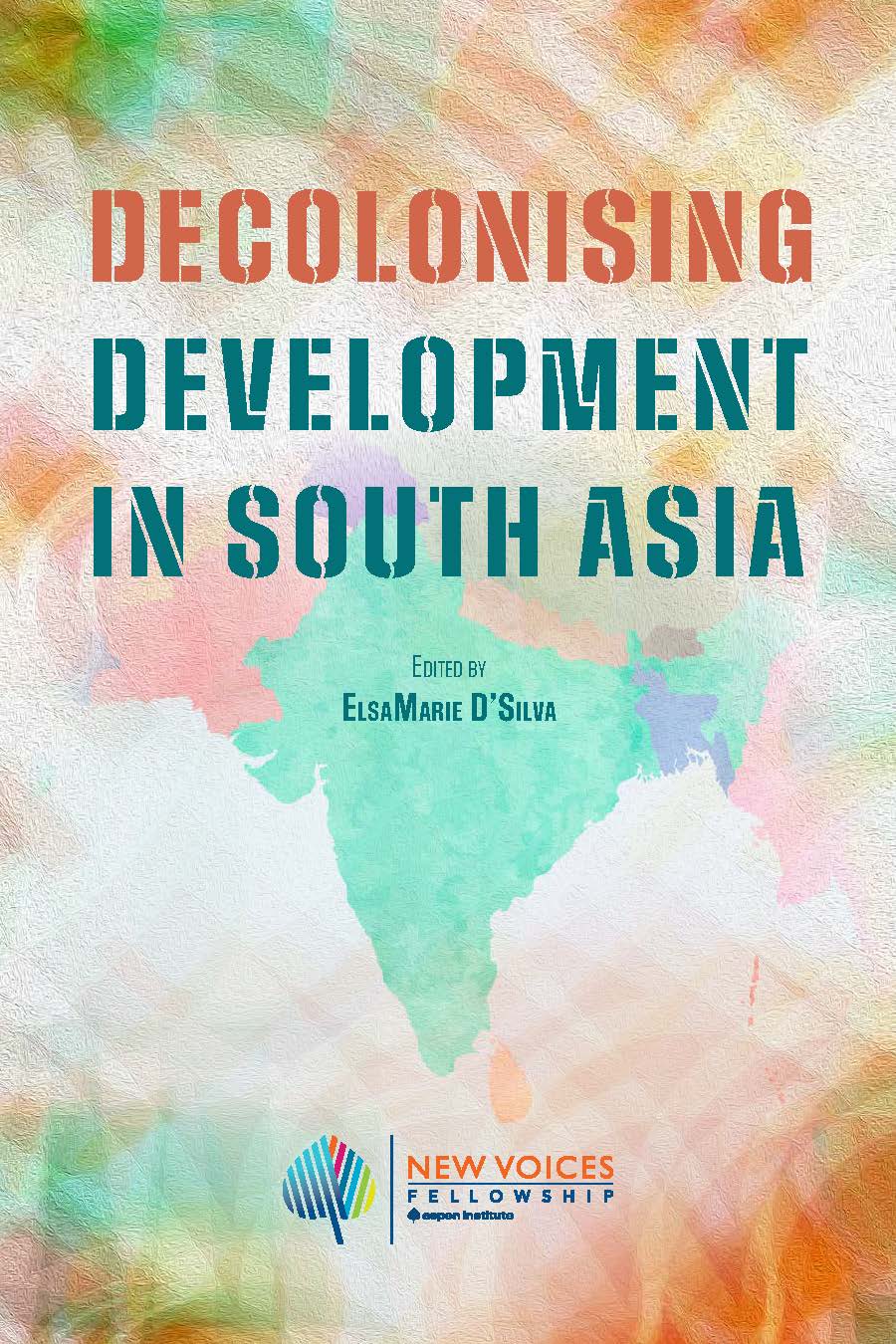Rosann Wisman is the Director of the Ministerial Leadership Initiative for Global Health. This post originally ran on the USAID IMPACTblog.
The long-discussed issue of country ownership can appear at times to be stuck in the middle of donor-developing country relations. A roundtable dialogue held earlier this year — hosted by the Ministerial Leadership Initiative for Global Health at the Aspen Institute — elicited a candid discussion about what needed to happen to make country ownership much more a centerpiece in the world of development aid.
The proceedings from the discussions have been just released. Among those in attendance: senior leadership at USAID and other US government branches; developing country leaders; and several leaders from implementing partner organizations that work with the US government.
Helping frame the discussion, USAID Administrator Rajiv Shah emphasized the need to translate country ownership into concrete results in Africa. USAID, he said, is aware of the improved outcomes that result from listening to country priorities. He gave examples from Ethiopia, Bangladesh, Tanzania, and Afghanistan.
Dr. Ariel Pablos-Méndez, Assistant Administrator of Global Health at USAID, said that though slow moving, change is happening in donor organizations toward country ownership principles.
And Amie Batson, Deputy Assistant Administrator of Global Health at USAID, also emphasized that the US funding process needs to be taken into account. Batson said the discussion around country ownership should include changing the whole culture of aid – top to bottom – to create government to government aid that meets Congress’ approval.
MLI, which is a part of Aspen Global Health and Development, has worked in five countries – Ethiopia, Mali, Nepal, Senegal, and Sierra Leone – and each has given clear visions of country priorities for the years ahead.
Learn more about the MLI Model for country ownership.

